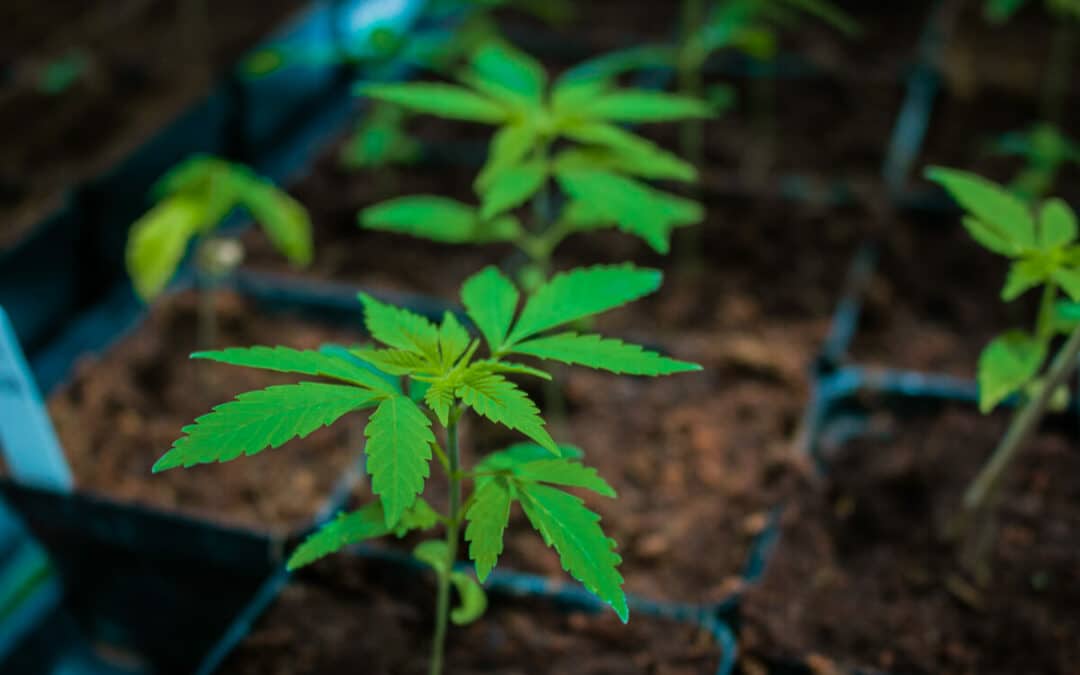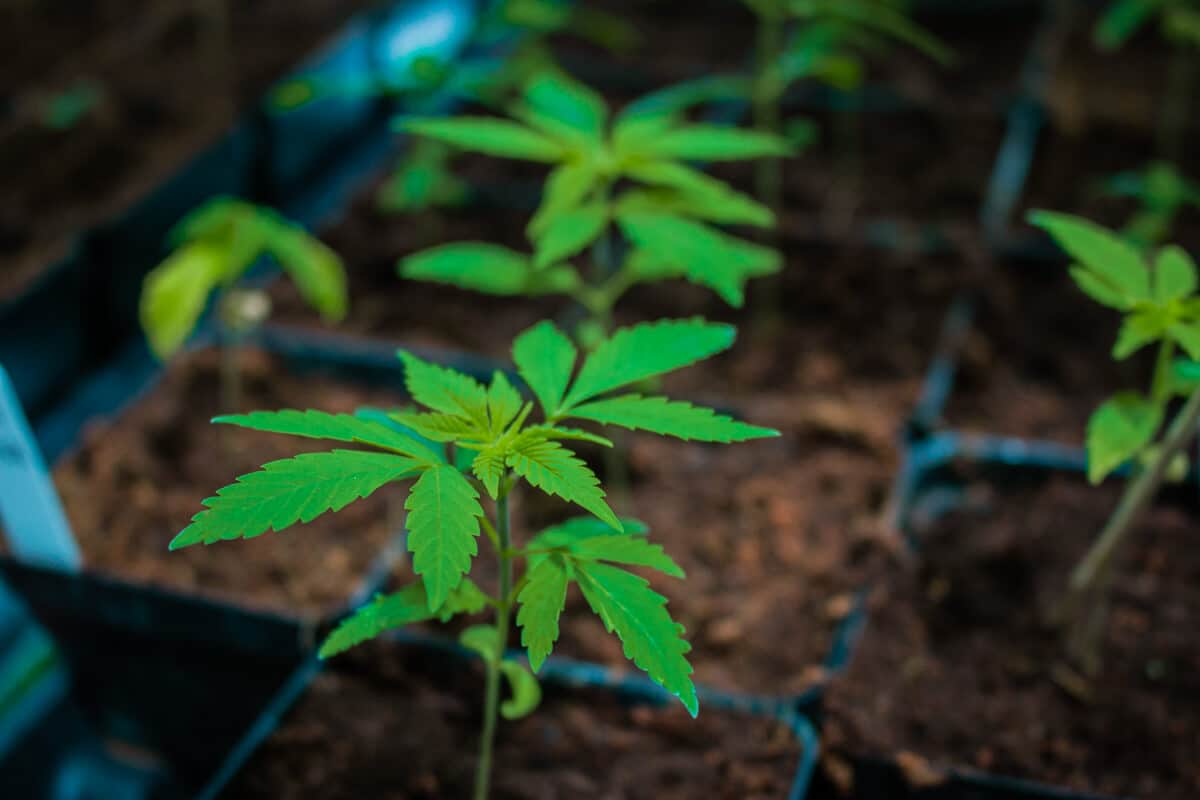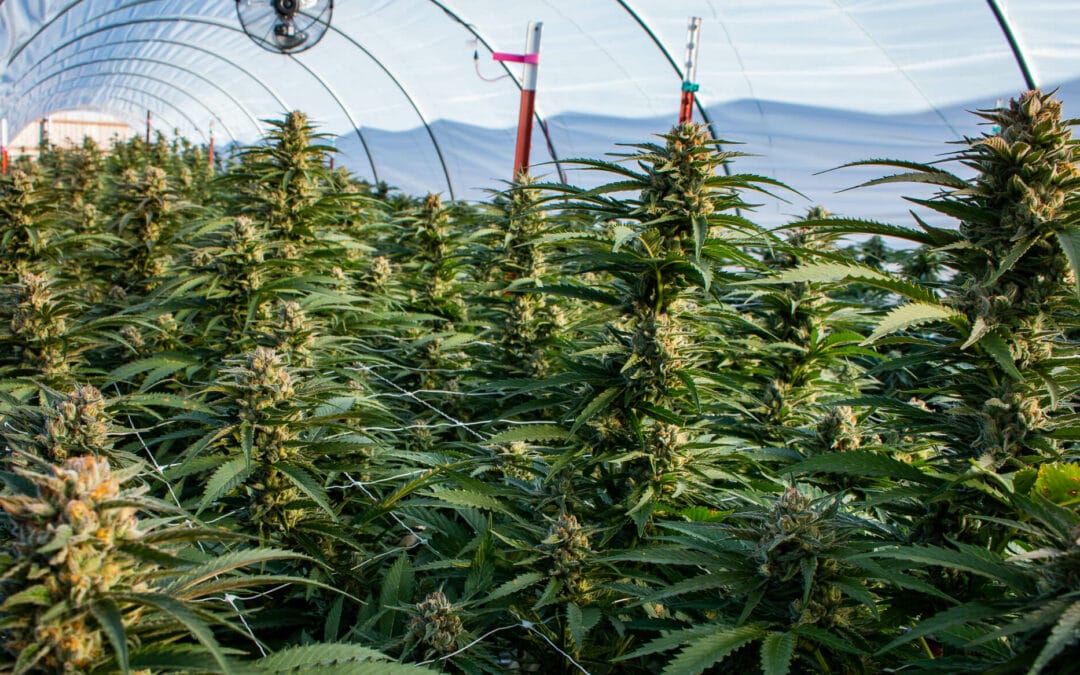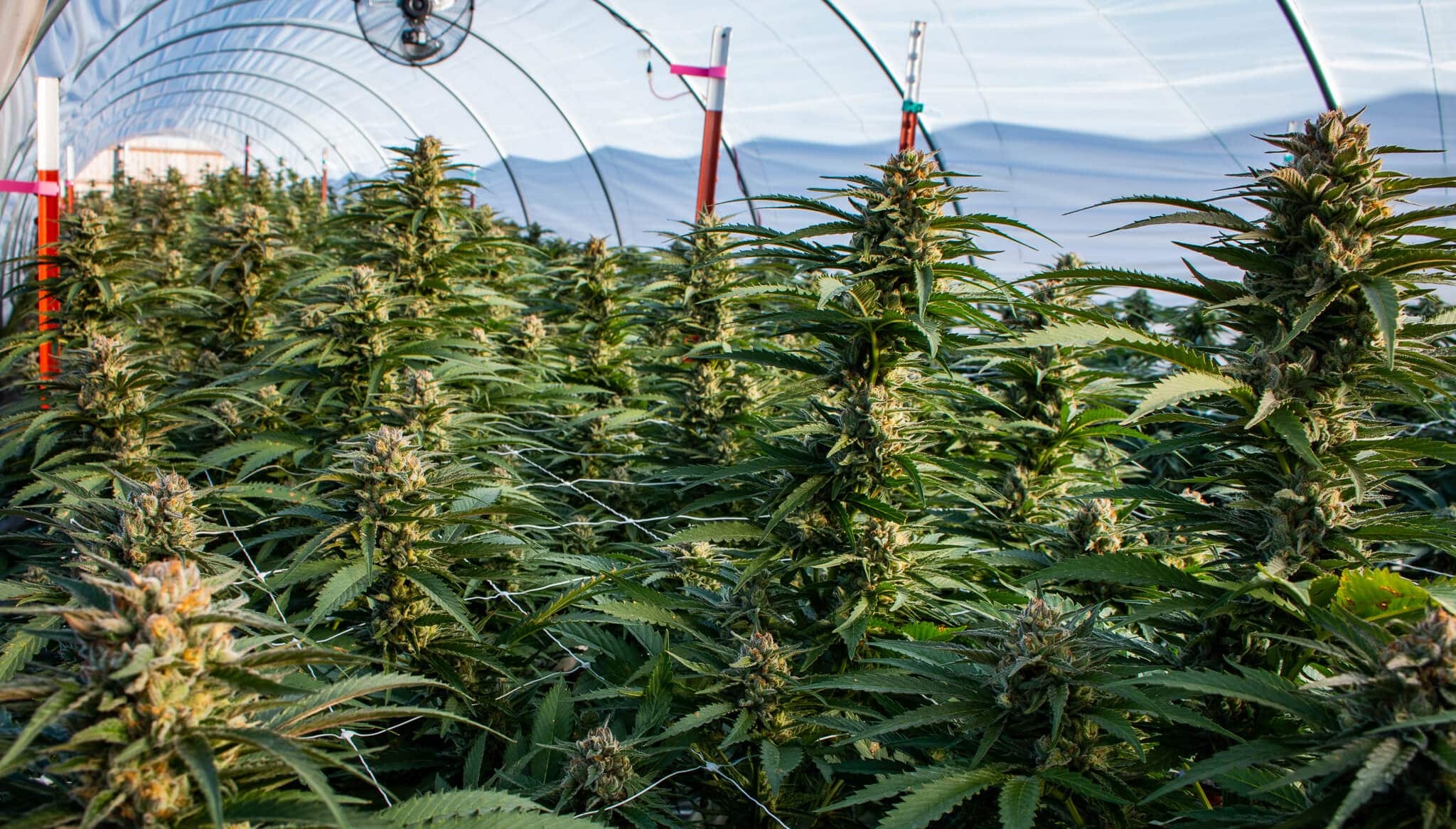
Enthusiasm For Oklahoma’s Medical Marijuana Boom Tempered By Concerns Of A Bust

Oklahoma has what many consider to be the only free-enterprise medical marijuana industry in the U.S., with cheap startup fees, no cap on medical marijuana business licenses and few limits on who can get a patient card. But this low barrier to entry could lead to an oversaturated market where cannabis businesses struggle to survive.
Jessica Baker, owner of Bakers Cannabis Dispensary in northwest Oklahoma City, has witnessed the growing pains other young marijuana industries like Oklahoma’s have experienced over her two decade career in the business.
She and her husband Chip started growing medical cannabis in California in 1997, which eventually led them to Colorado, where Chip opened a couple of hydroponic stores.
After the passage of State Question 788 in June of 2018, which legalized medical marijuna in Oklahoma, Chip noticed he started receiving an influx of business from Oklahoma.
“People were ordering lights and soil and nutrients,” Jessica said.
The Bakers saw promise in Oklahoma’s medical marijuana market and decided to move to the state at the end of 2018.
In addition to the dispensary and its attached clone nursery, Chip owns a nearby hydroponic store in OKC, and Jessica has a marijuana farm and processor about 40 miles northeast of the city.
Jessica said it’s been a nice change of pace doing business in Oklahoma’s medical marijuana market.
“My businesses have primarily been in California where it’s very difficult and expensive,” Jessica said. “Oklahoma in general… they made it pretty easy for people, which is nice and affordable.”
Oklahoma has some of the cheapest annual commercial licensing fees in the country at $2,500, especially compared to California where licensing fees can reach six figures and range depending on estimated annual gross revenue.
There’s also no limit on licensed medical marijuana businesses in Oklahoma unlike other states such as Louisiana where only one dispensary is allowed in each of the state’s nine regions.
And with no list of qualifying conditions, it’s easy to get a physician to write a recommendation for a medical marujuana patient card. This has led to over 367,000 Oklahomans, nearly 10% of the state’s population, obtaining a medical marijuana patient card, which according to Politico makes Oklahoma the largest medical marijuana market per capita.
Jay Czarkowski, founding partner of the marijuana business consulting firm Canna Advisors, said Oklahoma’s medical marijuana program has grown rapidly.
“The medical marijuana program in Oklahoma, it’s such an open, liberal program, it is almost like adult use legalization,” Czarkowski said.
Oklahoma is just shy of having 10,000 active licensed medical marijuana businesses, which includes over 2,000 dispensaries and about 6,500 growers.
Jessica was surprised about Oklahoma’s medical marijuana industry. So many people with little to no prior experience with cannabis were so eager to get into the business.
“It says something about people from Oklahoma… that they would just jump into something of the unknown and kind of gamble on it, which is a pretty cool quality,” she said.
But the flip side to Oklahoma’s low barrier of entry for starting a medical marijuana business is the pressure it puts on the market.
Sarah Lee Gossett Parrish, an Oklahoma attorney who represents over 150 cannabis businesses, said some enter the market with the misconception that it will be fast money.
“You have people getting into it who don’t understand that the cannabis industry is just like any other business,” she said. “You have to work hard and have a strong business acumen and know what you’re doing.”
Because there are so many growers, Gossett Parrish said they need to zero in on a market to avoid being eclipsed by larger growers that generate a massive supply of product.
“If you are a craft grower and maybe an organic grower and you pick and choose certain illnesses and conditions for which you grow strains and you target your market, then you’re going to fare well,” Gossett Parrish said.
Unless the state legalizes recreational marijuana within the year, Jessica expects many cannabis businesses will have to shut down. She said there’s more marijuana than there is demand from patients.
Original Story from KGOU
KGOU is a community-supported news organization and relies on contributions from readers and listeners to fulfill its mission of public service to Oklahoma and beyond. Donate online, or by contacting our Membership department.










